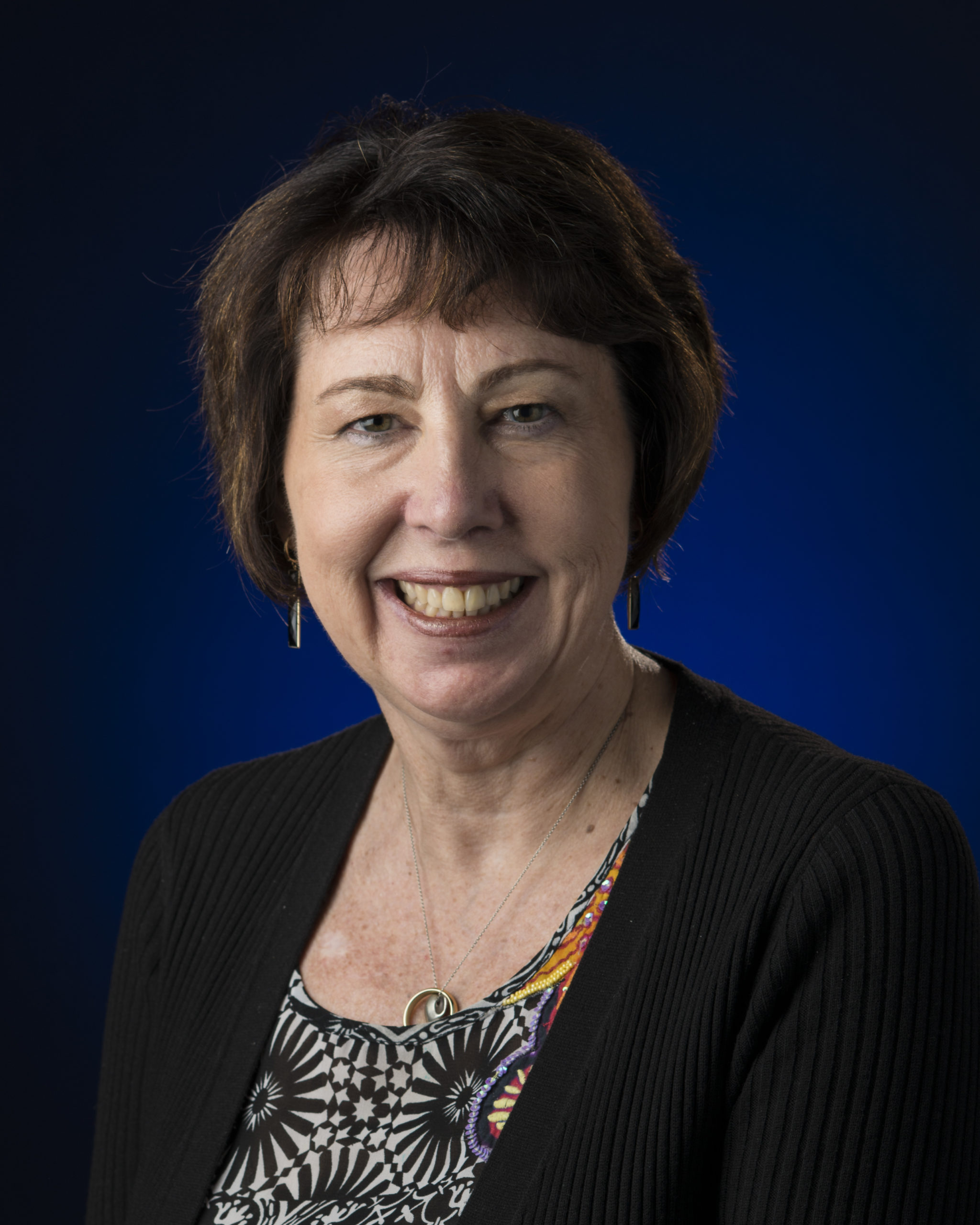
MIPSE Seminar
Journey to the Sun
This event is free and open to the publicAdd to Google Calendar

The seminar is free and open to the public. To request the Zoom link, please send an email to: [email protected].
Abstract:
NASA Heliophysics research studies a vast system stretching from the Sun to Earth to far beyond the edge of the planets. Studying this system – much of it driven by the Sun’s constant outpouring of solar wind – not only helps us understand fundamental information about how the universe works, but also helps protect our technology and astronauts in space. NASA seeks knowledge of near-Earth space, because, when extreme, space weather can interfere with our communications, satellites and power grids. The study of the Sun and space can also teach us more about how stars contribute to the habitability of planets through-out the universe.
Mapping out this interconnected system requires a holistic study of the Sun’s influence on space, Earth and other planets. NASA has a fleet of spacecraft strategically placed throughout our heliosphere – from Parker Solar Probe at the Sun observing the very start of the solar wind, to satellites around Earth, to the farthest human-made object, Voyager, which is sending back observations on interstellar space. Each mission is positioned at a critical, well-thought out vantage point to observe and understand the flow of energy and particles throughout the solar system, and all helping us untangle the effects of the star we live with.
About the Speaker:
Dr. Nicola Fox is the Heliophysics Division Director in the Science Mission Directorate at NASA Headquarters in Washington, DC. Until August 2018, Dr. Fox worked at the Applied Physics Lab at the Johns Hopkins University where she was the Chief Scientist for Heliophysics and the project scientist for NASA’s Parker Solar Probe. Dr. Fox served as the deputy project scientist for the Van Allen Probes, and the operations scientist for the International Solar Terrestrial Physics program. Fox received her BS in Physics and PhD in Space and Atmospheric Physics from the Imperial College of Science, Technology and Medicine in London. She received an MS in Telematics and Satellite Communications from the University of Surrey.
 MENU
MENU 
